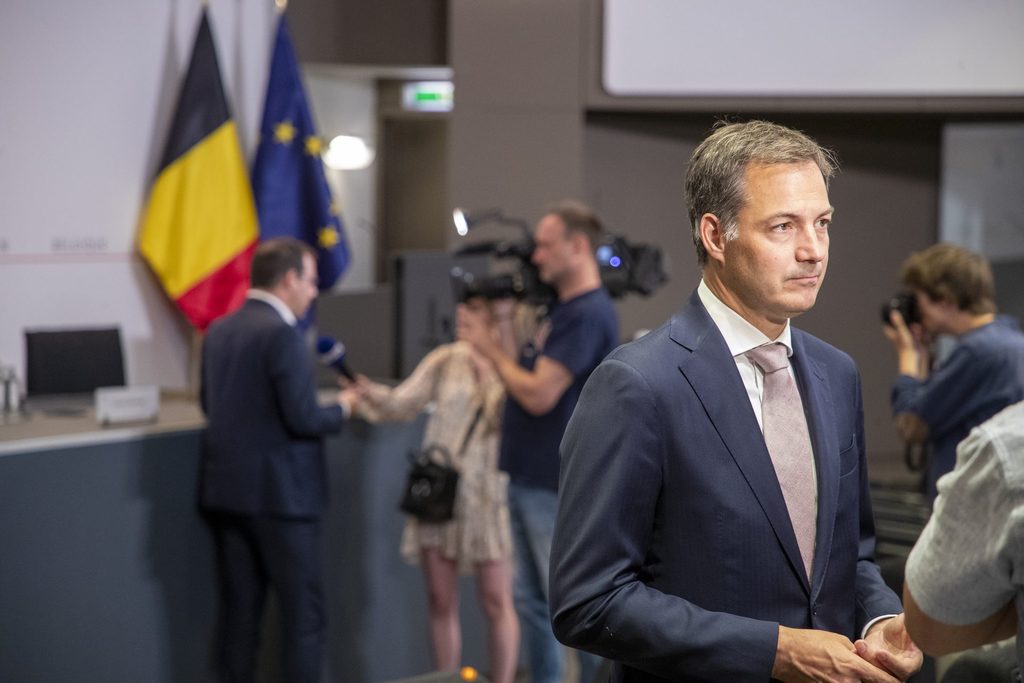Belgians are overwhelmingly dissatisfied with the performance of the current "Vivaldi" coalition government, as soaring inflation and an unprecedented cost of living crisis have led to widespread political disenchantment and even anger among a significant proportion of the country's electorate.
A major survey published on Monday by Le Soir and other media outlets shows that more than three-quarters of Belgians (76%) do not want the Vivaldi government – a seven-party federal coalition consisting of socialists, liberals, Christian democrats, and environmentalists – to remain in power beyond the next federal election in 2024.
The study also found that a sizeable majority (60%) do not want Prime Minister Alexander De Croo (Open VLD) to remain in office beyond next year, while a slim majority (51%) believe that the Federal Government will in fact be voted out of office in 2024.
One expert interviewed by Le Soir suggested that Vivaldi's unpopularity is an almost inevitable consequence of the political diversity of its constituent parties. "This coalition came about only because there were no other solutions," explained Caroline Sägesser, a political scientist and researcher at the Centre for Socio-political Research and Information (CRISP).
"Very quickly we realised that beyond the unifying and ambitious opening speech of Alexander De Croo, there was no cohesion within this Vivaldi... This is not surprising, given the diversity of the components within this government."
'Naive and unfair'
In an indignant editorial, Le Soir's editor-in-chief Béatrice Delvaux condemned Belgians' sweeping rejection of their political leadershi. She suggested that the survey's results point instead to a shortcoming in political maturity on the part of the electorate.
"A large majority of Belgians surveyed by Le Soir say 'no' to a renewal of the Vivaldi," she wrote. "But this [public disapproval] isn't entirely fair given the macroeconomic situation in Belgium. It is harsh towards a coalition that has distributed money to citizens, maintained the indexation of their salaries and managed the pandemic and energy emergency rather well."
She added: "Wouldn't such rejection be aimed at everyone who has exercised power?... This desire for 'something else', [although] understandable, is rather naive and also unfair."
Related News
- New study paints stark picture of Belgium's growing economic despair
- One in three young Belgians suffer from depression
Yet the findings of the survey might also be taken as an expression of frustration with how Belgium's economy has been handled and the intense pressure that has been put on households, notwithstanding the state aid to assist struggling individuals.
With Belgium's current inflation rate now more than seven times greater than when the Vivaldi coalition assumed power in October 2020 (5.2% vs 0.74%), many Belgians are exasperated by the negative material impact that political mismanagement has had on their lives.
Indeed, this analysis would appear to be borne out by some of the survey's other findings. Virtually every single Belgian (95%) reported that they had noticed that their supermarket bills had become more expensive over the past year – a fact which has led 75% of citizens to purchase cheaper food items – while two-thirds (65%) claimed to have scaled back their holiday plans due to rising costs.

